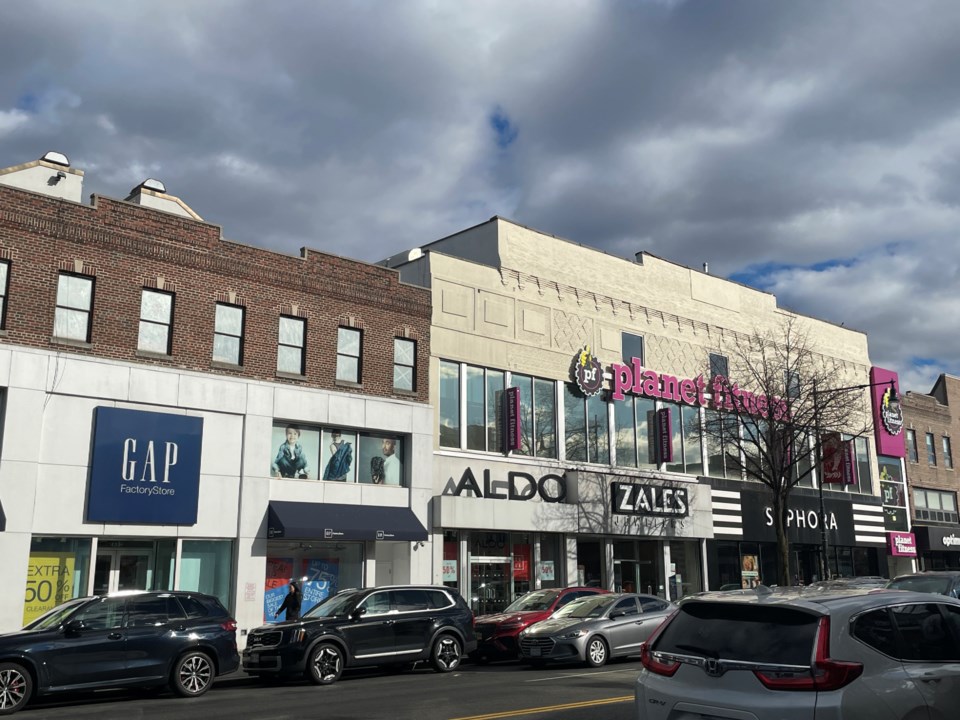Brooklyn saw 50 major retail chains close across the borough in 2023, as online shopping and retail theft increased, according to a report.
The Center for an Urban Future, a nonprofit, found that 2023 was the second largest single-year decline in major chain stores behind 2020, or when the pandemic wreaked havoc for retailers. This halted a rebound in chain stores in 2021 and 2022, though none of the five boroughs have recovered from 2020's loss. Brooklyn itself has 10.9% fewer national stores than before the pandemic, according to the "State of the Chains" report.
The stores that closed the most last year include T-Mobile and Metro by T-Mobile, Rite Aid, Subway, Duane Reade, AT&T, and V.I.M. Meanwhile, there were some chains that increased their presence, including Starbucks, CVS, Snipes, Shake Shack, and Popeye's. These businesses, however, saw new openings in the single digits.
Jonathan Bowles, the executive director of the nonprofit and one of the report's authors, said the chain stores that closed usually competed with online shopping.
"These days, people are ordering soap and toilet paper and toothpaste online," he said. "At the same time, a lot of these drug stores, they're paying quite a bit of money in rent. It's hard to justify the high rent in Brooklyn when you've got fewer customers coming in."
Dina Rabiner, vice president of economic development and strategic partnership at the Brooklyn Chamber of Commerce, believes shoplifting is a factor. In her neighborhood of Ditmas Park, major retailers experience more theft than mom and pop stores, she said. Local small businesses also fared better than chain stores during the pandemic, she added.
"Residents have a higher customer loyalty rate to their small businesses than necessarily to their chain stores," Rabiner said.
On the other hand, Rabiner noted the proliferation of local chains citywide. When Ayat, Bareburger, and other local shops do well in one borough, they have expanded to other parts of the city as "food is a sport in Brooklyn," she said.
Even thrift shops such as Housing Works and Buffalo Exchange can be considered local chains, she said.
Even though many chain stores closed in Brooklyn, Bowles does not believe that this is a serious problem.
"There's been a huge, huge surge in weed stores and I think there's been a lot of new, independent restaurants, cafes, and coffee shops that have opened. So I think there are some empty storefronts, but I don't think there's a crisis," he said.
What does concern Bowles, however, is that fewer retail stores means fewer jobs for Brooklynites. These jobs were accessible for residents with a high school degree, and while Bowles noted the increase in delivery jobs, many employees could struggle to obtain work elsewhere.
"When one thing disappears, usually something else is rising up," Bowles said about the future of retail chains in Brooklyn. "We may have a lot fewer clothing stores and pharmacies, but we've got other things out there that are growing now."
The nonprofit started tracking chain store closings in 2008 to see how corporate retail stores affect the city's mom and pop shops.




